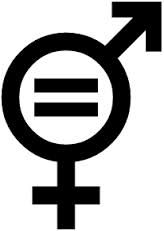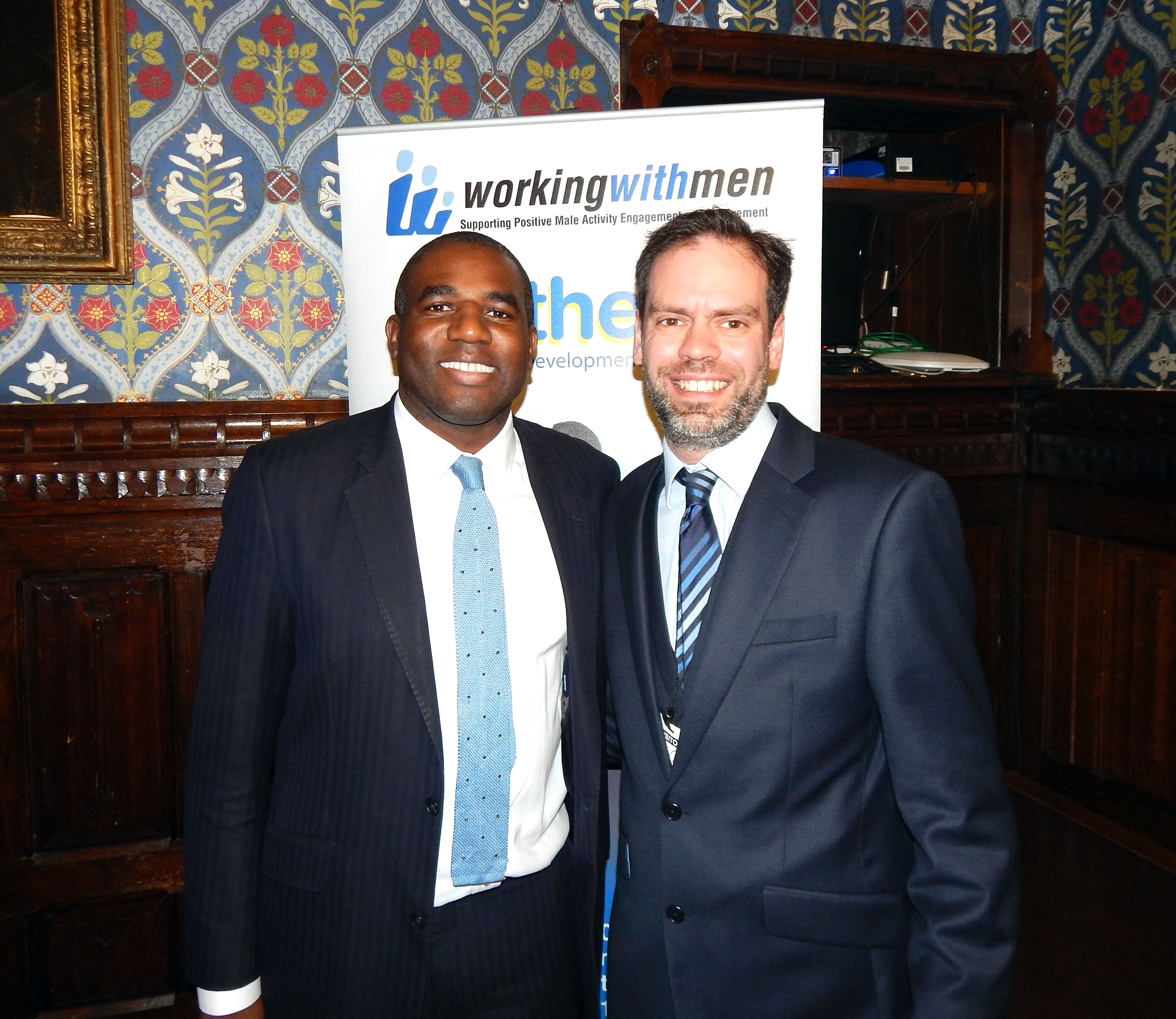
What can be done to encourage men to engage in discussions about gender equality? This is the subject of a new report the Government has just published and I’m proud to have played a small role in its creation.
The report has a catchy title; Men as agents of change. It’s based on a policy seminar I took part in last June (being a policy discussion, I was asked not to write about it until the report was published, hence my silence until now).The report looks at a number of areas, including;
- the need to engage men in gender equality discussions
- what is in it for men?
- violence against women and girls and
- the impact of improved gender equality on the economy.
I’m not going to go into a huge amount of detail about the report because you can read it yourself by clicking here. It’s only 12 pages long and written in very accessible language.
I will, however, say that the foreword, which was written by Minister for Women and Equalities Jo Swinson, is incredibly well balanced. It was a delight to read something that both acknowledged the discrimination faced by women and the challenges faced by men (IE social alienation and a higher suicide rate). It also aknowledged some successes, such as the way men are more involved with their children and family life than previous generations.
During the discussion it was recognised that many men are sympathetic to the cause of women’s rights and gender equality. It was also acknowledged that there are barriers to men engaging in these debates which explains why many recognise its importance, but aren’t generally active in doing much about it.
Participants in the discussion (we’re talking one Government Minister, several professors, and a charity CEO to name a few) recognised that it is a movement all too often seen as dominated by women and difficult for men to enter. The benefits of improved gender equality for all of society are also rarely made clear (such as a happier home life, improved economy and so on).
As I say, I’m not going into huge detail. I will just leave you with these three paragraphs that come from the report’s conclusion;
“Work on gender equality has tended to focus on the needs of women, but engaging men and boys necessitates that we address the many ways in which gender roles and stereotypes disadvantage men. If women’s and girls’ rights and advancement are everybody’s problem, so too are male educational underachievement, street violence against men, male suicide rates and proper support for men who wish to work with children or spend more time with their children, areas that the government is working to address.
“To engage men in gender equality, it was argued that discourses around gender must be expanded to include men’s own gendered experiences of disadvantage, which currently are not culturally visible. It was noted that sometimes change comes about in “opportunity moments” in men’s lives: this may be experiences of fatherhood, a breakdown in relationship or illness.
“However, to bring about lasting change, all boys and girls should grow up unlimited by their gender. Positive role models, both male and female, can help to raise aspirations and encourage children and young people to challenge social expectations and feel good about themselves even if they don’t fit traditional idealised types.”
Image; Mutxamel. Repreoduced under Creative Commons agreement. For more informatiomn about Creative Commons and links to the various agreements, please follow this link.







3 thoughts on “Men; agents of change for gender equality?”
This is such a vital topic and one that is sadly not given much thought by anybody, from what I can see. Gender equality needs to be bred, and needs to run in the veins of young families. Gender inequality is perpetuated in the home, from the most minute actions that children observe of adults.
The idea that women have specialised, unique ‘duties’ to their men still exists. I have friends who live by the idea that to keep a happy home, they have to adopt the 1950s housewife role of ensuring there is a meal on the table and lipstick adequately applied by the time their husbands are home. These ideals are being encouraged by their mothers as ‘good advice’ to keeping a happy marriage. These are the same women who go out and work, as well as doing all of the childcare duties. You’ll know how complex and complicated these childcare duties are John, because you have adopted this role yourself.
Misogyny, is rife, and it is breeding through the socially acceptable attitudes that society is tolerating. A woman gets raped, somehow it is her fault because she wore (provocative -whatever that means) clothes. I’ve heard WOMEN championing this argument. A man has an appetite for sex, and it is the woman’s duty to satisfy this. All of this nonsense starts in the home with ignorant role models who have accepted that these ‘values’ are ok.
I worry for my sons, and am so thankful that my brother, their uncle, has an admirable and rare sympathy, empathy and understanding of women. He’s the only man I know that truly understands this topic and I’m pestering him to guest write something on my blog about it – he’s an exceptional writer too.
Sorry for going off on a huge rant about this, John. It is a great topic, and so, so important to bring to the fore.
It is indeed a vital topic and one that isn’t generally given enough consideration, especially what can be done to encourage men to engage with it. The idea of women having specialised duties is indeed most outdated. Very wrong indeed.
I do, however, prefer to look at the issue holsiticly. I much prefer to look at it as an “equalities” issue as opposed to an issue of a man v women issue. Such an approach is not helpful and fails to recognise that men face some siginificant inequalities themselves (higher suicide rate, lower life expectancy etc).
I’m going to read the report, John.